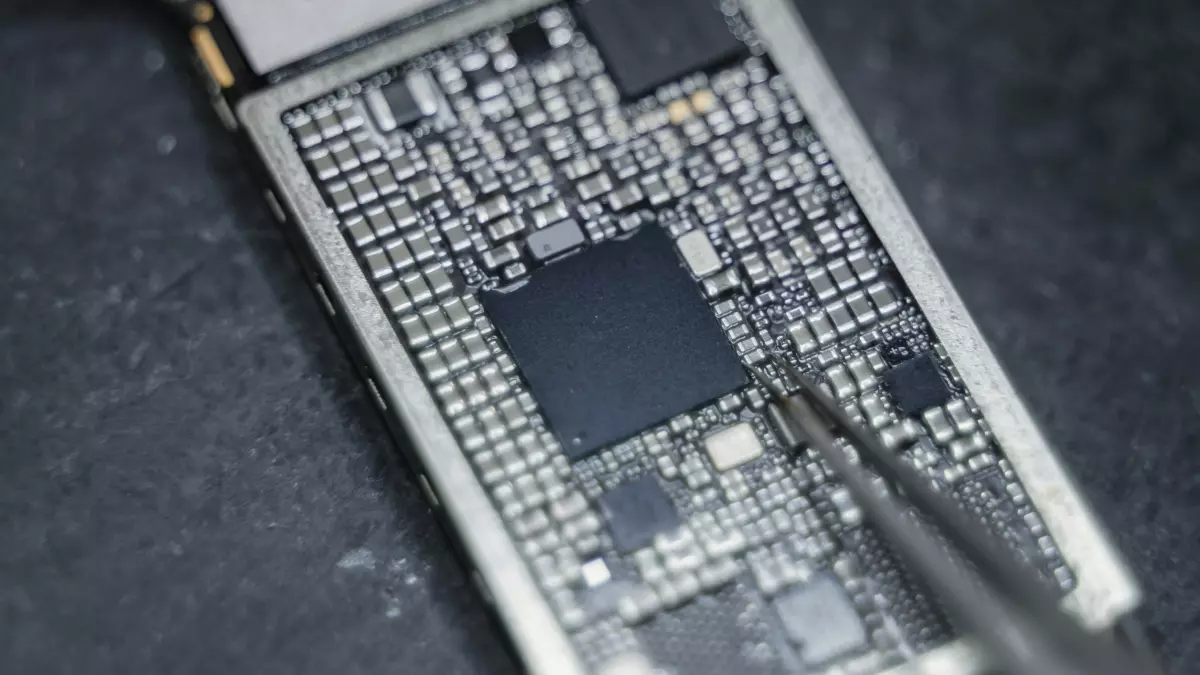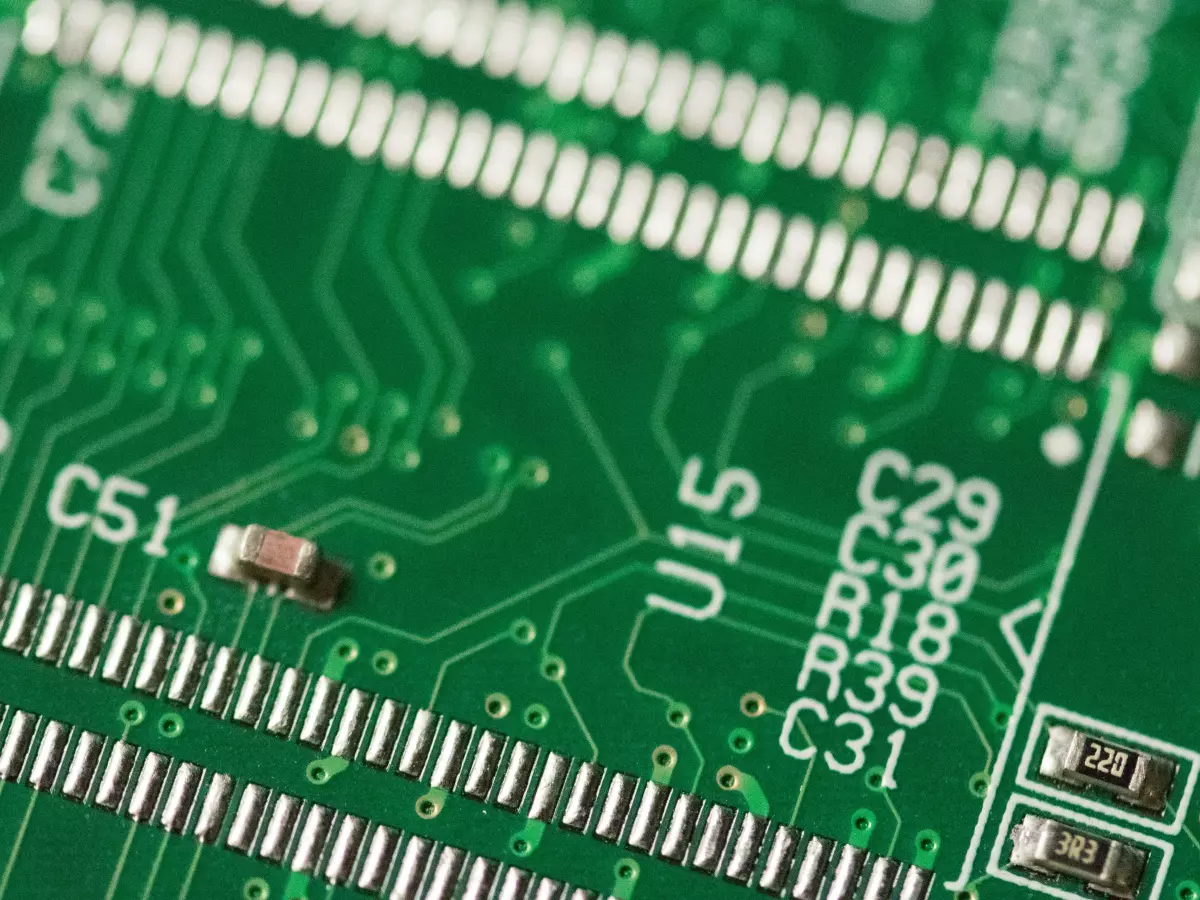Motherboards Matter
"The motherboard is the heart of the computer, and without it, nothing else works." – Linus Torvalds

By Marcus Liu
When you think of your smartphone, you probably picture the sleek screen, the camera, or maybe even the battery life. But there's one crucial component that often flies under the radar: the motherboard. This unsung hero is the foundation of your smartphone, quietly orchestrating everything from processing power to connectivity. Without it, your phone would be nothing more than a fancy paperweight.
So, what exactly does a smartphone motherboard do? And why should you care? Well, if you're the kind of person who likes to know how things work (and let's be honest, you're reading this, so you probably are), then buckle up. We're about to dive into the five key ways your smartphone's motherboard powers your device and keeps everything running smoothly.
1. The Brain of the Operation: Central Processing
At the core of every smartphone motherboard lies the CPU (Central Processing Unit). This is the brain of your device, responsible for executing instructions and managing tasks. Every time you open an app, send a text, or play a game, it's the CPU that's doing the heavy lifting. But here's the kicker: the CPU doesn't work alone. It's embedded into the motherboard, where it communicates with other components to ensure smooth operation.
The motherboard acts as the communication hub, allowing the CPU to interact with the phone's memory, storage, and other critical systems. It's like the conductor of an orchestra, ensuring that every section plays in harmony. Without the motherboard, the CPU would be isolated, unable to access the resources it needs to function.
2. Memory Management: RAM and Storage
Speaking of resources, let's talk about memory. Your smartphone's RAM (Random Access Memory) and storage are also connected to the motherboard. RAM is where your phone stores data that it needs to access quickly, like the apps you're currently using. Storage, on the other hand, is where all your files, photos, and apps are saved for the long haul.
The motherboard ensures that the CPU can access both RAM and storage efficiently. It manages the flow of data between these components, making sure that your phone doesn't slow down or crash when you're juggling multiple tasks. In other words, it's the motherboard that keeps your phone running smoothly, even when you're pushing it to its limits.
3. Power Distribution: Keeping the Lights On
Ever wonder how your smartphone manages to stay powered up throughout the day? It's not just the battery doing the work. The motherboard plays a critical role in distributing power to all the components of your device. It ensures that the CPU, RAM, storage, and other systems get the juice they need to function properly.
But it's not just about keeping the lights on. The motherboard also helps regulate power consumption, ensuring that your phone doesn't drain its battery too quickly. It's like a traffic cop, directing power where it's needed most and preventing any one component from hogging all the energy. This is especially important for high-performance tasks like gaming or video streaming, where power management can make or break your experience.
4. Connectivity: The Gateway to the Outside World
Your smartphone isn't just a standalone device; it's a gateway to the internet, cellular networks, and other devices. And guess what? The motherboard is responsible for managing all of these connections. It houses the components that handle Wi-Fi, Bluetooth, and cellular signals, ensuring that you can stay connected no matter where you are.
Think of the motherboard as the control center for all your phone's communication systems. It manages the flow of data between your device and the outside world, making sure that your texts get sent, your calls go through, and your apps can access the internet. Without the motherboard, your phone would be a glorified calculator, unable to connect to anything beyond its own screen.
5. Expansion Capabilities: Room for Growth
Last but not least, the motherboard is what allows your smartphone to expand its capabilities. Whether you're adding a new SIM card, upgrading your storage, or connecting to external devices, it's the motherboard that makes it all possible. Many smartphones come with expansion slots or ports that are directly connected to the motherboard, allowing you to customize your device to suit your needs.
This flexibility is one of the reasons why smartphones have become such powerful tools. With the right motherboard, your phone can adapt to new technologies and features, ensuring that it stays relevant for years to come. So, the next time you're thinking about upgrading your phone, remember that it's not just about the camera or the screen—it's the motherboard that gives your device room to grow.
In conclusion, while the motherboard may not be the flashiest part of your smartphone, it's undoubtedly one of the most important. From processing power to connectivity, this hidden component is responsible for keeping your device running smoothly and efficiently. So, the next time you pick up your phone, take a moment to appreciate the unsung hero that's powering your digital life.





